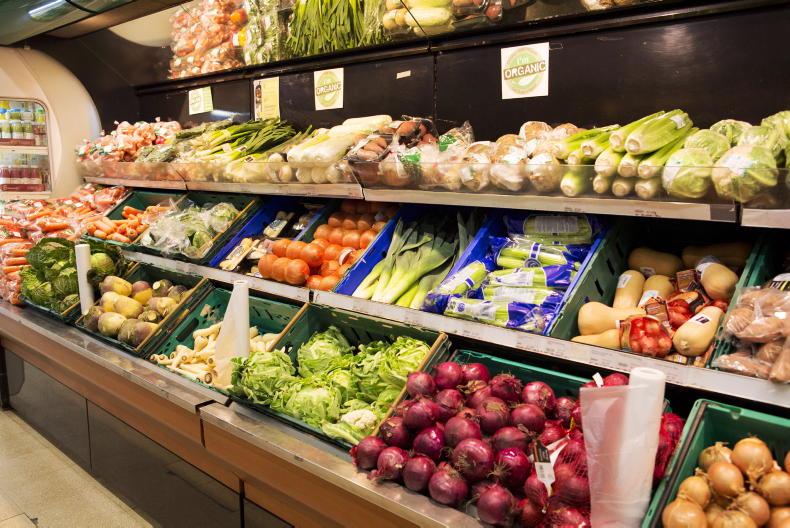According to StopFoodWaste.ie we’re wasting at least 1m tonnes of food in Ireland each year. This seems incredibly high but on the other hand, it doesn’t really surprise me.
You see, food has become too cheap and has been degraded to the point where it’s thought nothing of and taken for granted. The work that went into its production is not appreciated.
The average consumer is clearly ambivalent to the amount of food they are wasting. If their cheese slices look slightly dicky and with a use-by date that’s close, it’s straight into the bin. A microscopic speck of mould in a jar of jam which costs only 60c? Straight into the bin – probably jar and all. Brussels sprouts which cost €1.50, bought two days ago and not eaten? Straight to the bin. Leeks for 40c that the kids refuse to eat? Straight to the bin.
Use-by dates are some of the problem as people seem to think it’s instant death if you eat something a day over. But if food cost more and was held in greater respect, this wouldn’t happen.
Food essentials have become totally de-valued and taken for granted in modern Ireland.
The CSO figures bear this out. The average weekly spend on food has dropped from 28% of income in 1980 to 15% in 2015. I’d say it’s even lower today. So why has this happened and who are the winners and losers?
The big supermarkets are the reason why this has happened. In a desperate bid to court custom they have, unrelentingly, pushed down the cost of everyday essentials. Milk, bread, cheese, jam, yoghurt, vegetables and dozens of other essential items, at totally discounted prices, are the bait to get your trolley piled high while slowly browsing their aisles.
And if you are a small or artisan food producer of any of these essentials, I suspect you’ll find it difficult to get shelf space and you certainly can’t compete with these prices. It’s tough.
On the face of it, the consumer is a winner here, but it’s degrading food, with all sorts of consequences like obesity and food waste. The supermarket is, of course, also a winner as once they have lured you inside the door, they’ll entice you with plenty of high-margin food products. It’s called marketing.
Not that the supermarket’s margin is necessarily low on discounted food essentials. They simply push the problem back on to their suppliers and ultimately on to the producer. And that, more than likely, will be the farmer. The jolly farmer picks up the tab for discounted prices.
But I haven’t mentioned food that never even makes it into the trolley. Vegetables which don’t conform to the supermarket’s strict criteria and fruit that’s delayed by two days in transit goes straight to the bin.
At best it could end up in an AD plant, at worst it’s dumped. There are no easy solutions to food waste but one thing is certain. If the farmer got more for his produce there’d be less food waste.
Machinery
Finally, I want to go to the other end of the pricing spectrum and also one with a negative effect on farm income but for an entirely opposing reason. That’s the hugely escalating cost of new farm machinery.
I reckon machinery cost inflation is at least 5% per year while your well-depreciated trade-in is typically worth feck-all. But yet if you’re trying to buy that same machine, you’re told they’re as rare as hen’s teeth and worth a fortune. It’s hard to take these rising costs while farm produce prices are static for the last 20 years. And meanwhile, the BPS is being given the German supermarket treatment and cut to shreds.









SHARING OPTIONS